Are you getting ready to sell your house? Whether you are new to the process or a seasoned pro, it is important to have a strategy in place for pricing your home. Setting the right price is key to getting your house sold quickly and for the best price possible. So how do you determine what that price should be? Here are some tips on pricing strategies for your house for sale.

Avoid Pricing Based on What You Paid
You might have the idea that you can base the price of your house for sale on the price you paid when you bought it and tacking on a bit of profit. It doesn’t work that way. While it can be tempting to try and make your “investment” back, you also need to take the condition of the market into account.
Avoid Pricing Based on Emotional Value
When you’ve accrued a myriad of memories and milestones within your home, especially if you’ve lived there for a long time, your home has sentimental value to you. It’s hard to put a price tag on something that, to you, is priceless. However, you have to separate your emotion from the business transaction. You can’t charge homebuyers for your past experiences.
Current Market Trends Determine Your Home's Value
Another starting point for pricing is looking at the current market trends in your area. Home values are determined by whether you’re in a buyers’ market or a sellers’ market. Knowing which market you’re in can help you determine the best price for your house. To get the best price for your house and perhaps to inspire a bidding war, list your home during a sellers’ market.
A sellers’ market is a time when there are more buyers than homes for sale. In a sellers’ market, you can set your asking price higher because you might get the most profit from the sale of your house.
In a buyers’ market, it may be better to list with a lower price because homes often sell cheaper in this market due to an overabundance of available inventory relative to the number of potential buyers. In this type of market, you’ll likely attract people who will want to negotiate rather than pay full price for your house right off the bat.
Online Home Valuation Calculators
With the convenience of online access and no charge, homeowners are understandably drawn to the online home valuation calculators to get an idea of what their home may be worth. While this might be a fun way to trigger your curiosity with a starting point, it’s far from being an accurate resource on which you should base the price of your house for sale.
The problem with these calculators is that they are not specific to the area in which you live and therefore cannot take into account all of the important details about your home’s worth. They cannot tell how well the house is aged, whether or not it had upgrades, how the neighborhood has appreciated or depreciated over time, and other pertinent factors that only humans can assess.
Tour Homes for Sale in Your Area
If you have the opportunity, personally tour the other houses in your neighborhood that are for sale, such as attending open houses. Ask yourself how these properties stack up against yours. How are those houses priced? Would yours be worth more or less?
A Comparative Market Analysis
Your real estate agent will bring you a report called a CMA – a comparative market analysis. This data will show you all of the houses in your area that have recently been sold in your area. This information is narrowed down to homes that match up to yours in age, size, style, and features.
In this report, you’ll be able to see how much each house was originally listed for. Then, you’ll see how long they stayed on the market, how many times the seller had to reduce the price and the final sales prices. This gives you an idea of what you might experience if you decided to list in your current market.
A Listing Appraisal
A listing appraisal from a licensed real estate appraiser will give you a professional opinion on whether or not your asking price is reasonable based on the current market conditions and recent sales in your area.
It’s important that this professional opinion comes from someone who has access to all of the information necessary for making an accurate assessment. The appraiser will use the same CMA as your real estate agent but also applies other skills and techniques to determine a fair market value.
You won’t be able to use the appraisal in place of the one that the buyer’s lender is going to require, but you can use it as a great piece of marketing material to assure buyers that they’ll be making a good investment.
Note, however, that some real estate agents are also certified appraisers, so ask your agent before hiring a listing appraiser.
Leave Room for Negotiations
You can anticipate that buyers will try to negotiate with you on the price unless you’re blessed with competing offers that cause prices to escalate. Plan ahead and ask yourself how much you’re willing to shave off of your asking price for a buyer’s terms?
Account for Seller Closing Costs
Sellers pay closing costs at the end of their transaction that covers all of the fees associated with your end of the transaction, such as real estate agent fees, taxes, HOA fees, attorney fees, and other potential charges. Talk with your real estate agent about what to expect in regard to closing costs so you can figure that into your pricing.
Conclusion
Don’t be afraid to experiment and ask your real estate agent to recommend the best way to price your house. Ultimately, you’ll want buyers to see value in purchasing at a certain price point so they will feel good about what they’re spending and believe that it’s worth their efforts.
Your real estate agent is your greatest ally when it comes to pricing your home. They’re in the industry touring homes day in and day out. They’ve got the skills and experience to help you make an educated decision on pricing your house for sale.
